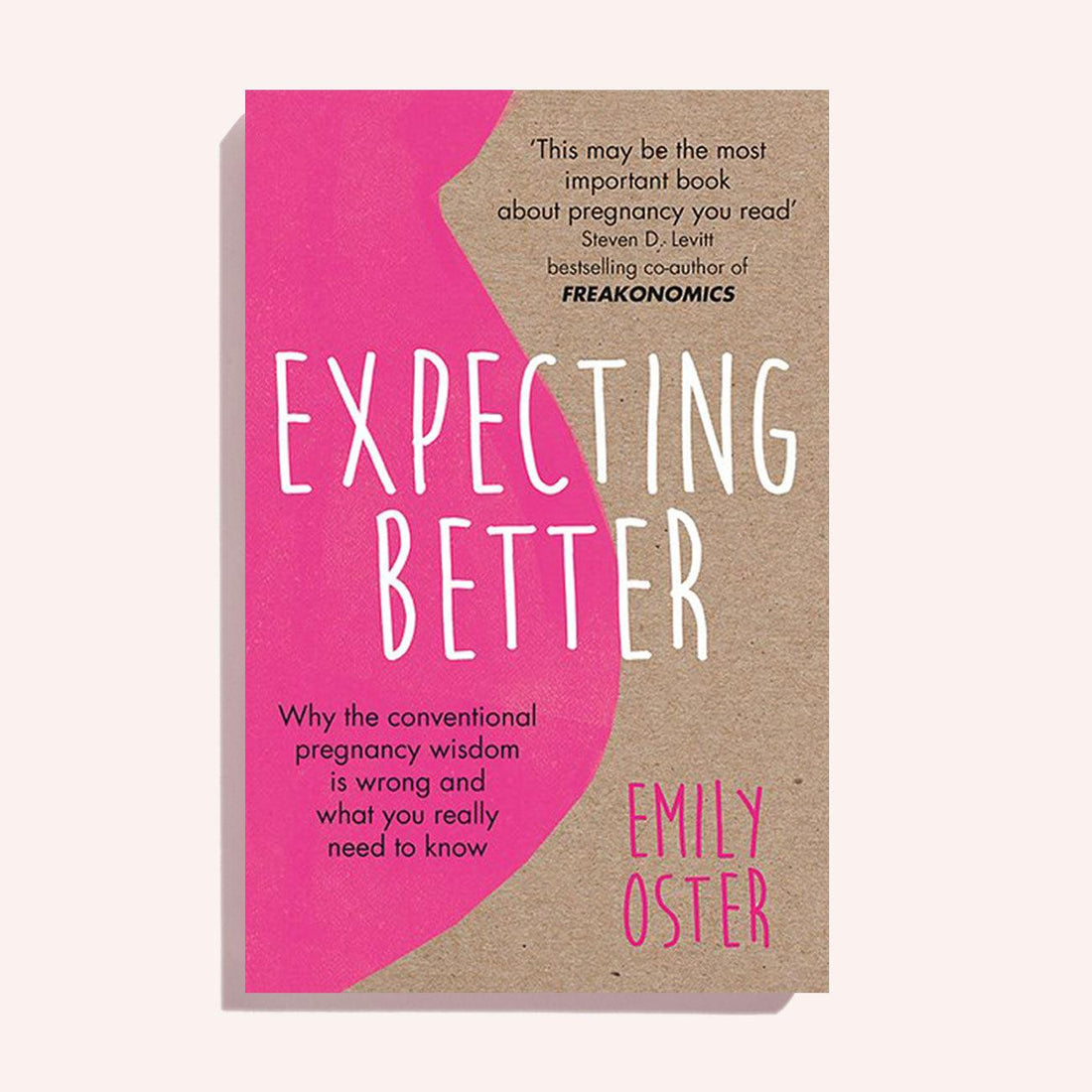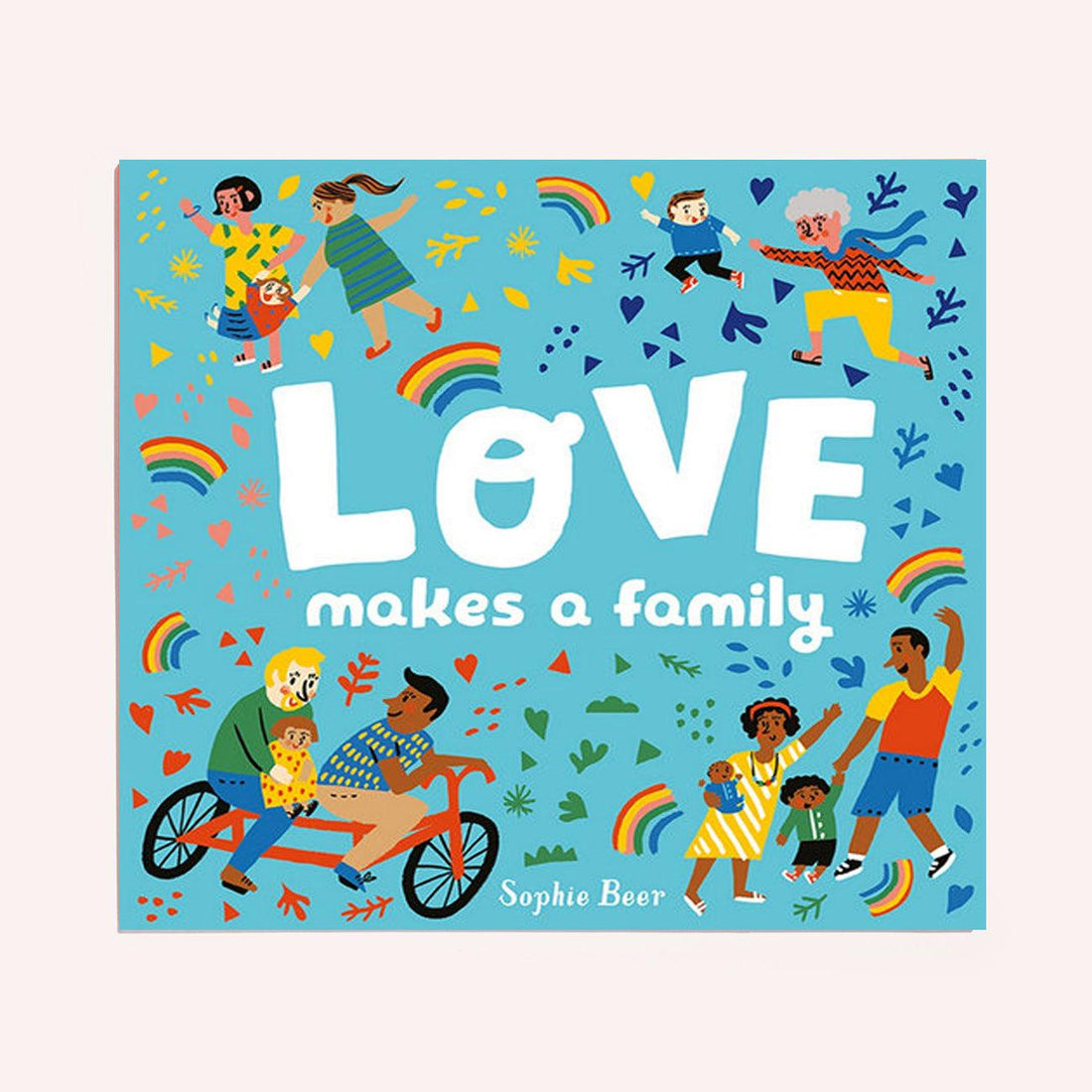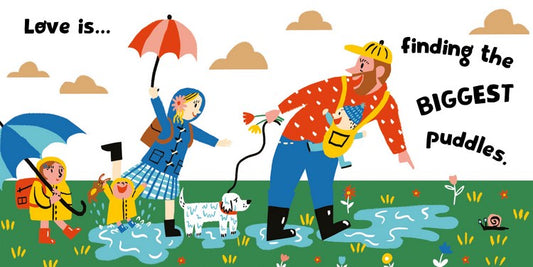Sexologist and Fertility Counsellor Aleeya Hachem on how to nuture your relationship with as much love as you do your new baby.
As I approach my 37th week of pregnancy with my first child, I can’t help but think about how much my life is about to change. Not just in terms of my day to day, but also how the relationship with my partner will be affected. It is both a daunting, and exciting prospect. Unfortunately, we are often reminded about all of the negative ways a relationship may be impacted by the arrival of a newborn. But that’s not to say that with the right preparation, you can’t grow closer to your partner on this new adventure.
Through my work as a fertility counsellor and sexologist, I have spoken to many individuals and couples on the impact that babies have on their relationship. Not only does the relationship shift from being ‘just the two of us’ by adding a third, very demanding, human into the mix, but new identities of ‘mum’ and/or ‘dad’ are being formed simultaneously. Babies consume time, energy, and affection, which can deplete our tolerance and perseverance, and impact how we treat our partners, be it male or female, as the supporting role in this new relationship. We see these identity changes in mothers and fathers, however in the early days of parenting it can be a challenge to articulate how this may affect us. Having a baby, especially for first time parents, presents itself as a completely new challenge that a relationship has never had to face previously. The concoction of a lack of sleep, the division of tasks and obligation of breastfeeding can lead to general stress, fatigue, conflict and symptoms of anxiety and depression. Having a baby tends to create wedges between couples. Yet it is how we approach this conflict that determines how we maintain our connection.
Intimacy is undoubtedly one of the biggest elements of a relationship that is affected in the postpartum period for a myriad of reasons. Obviously, there is the physical trauma that the body undergoes when giving birth, and there may also be emotional/psychological trauma that can accompany birth. Both of which can affect libido, postpartum sexual pain, and sexual self-esteem. From a hormonal perspective, the general day to day caring for a newborn, in conjunction with regular breastfeeding and sleep deprivation can also cause sex drive to plummet. It is a reasonable assumption to expect that the norms of sexual intimacy pre-baby will undoubtedly need to be adjusted in the postpartum period.
So, with my baby girl due in 3 weeks, I have spent significant time reflecting on the things that I intend to implement within my relationship, both now and in the postpartum period. Not only is this based on my experience through my work, but also how I would like my relationship with my partner to evolve into our ‘new normal.’
Research shows that 92% of parents report an increase in conflict in the first year of having a baby! It is unrealistic to expect that things won't change.
Conversations Matter
During pregnancy, we are very quick to diligently attend our antenatal classes and to discuss what bassinet and pram we want, how to set up a nursery, or reflect on baby names. Yet we can forget the big, almighty questions such as ‘how can we effectively navigate our routine with a serious lack of sleep?’ or ‘how can we prioritise intimacy each day?’ or ‘What does the division of tasks in our household look like, and are they sustainable through changing phases?’ These conversations may feel uncomfortable to have before baby arrives, but they are incredibly important to ascertain how best to prepare for the inevitable future oscillations, unique to our relationship. Of course, we must be adaptive as new challenges arise, but facilitating strong and open communication is vital. If you already find yourself in the postpartum period, it is NEVER too late to have these focused discussions or reflect on how you are going. What small changes can be implemented to improve your relationship dynamic?
Adjust Those Expectations
Research shows that 92% of parents report an increase in conflict in the first year of having a baby – that is very much the majority! It is unrealistic to expect that things will be totally smooth sailing with the arrival of bub - hence take the pressure off each other and come from a place of understanding. How can you grow closer through parenthood and see it as a process of shared growth? How can you adapt to connecting with your partner with a newborn in tow? Being cognisant to the fact that you have started a journey, one with many bumps and bruises along the way, fortifies your resolve and makes moments of stress and hardship a part of your expectation. It also allows you to think laterally to seek and share compassion and love. What if you can’t connect in the same ways that you previously did? Remind yourself that being connected, bonded, loved and understood comes in many different forms and experiences, many of which will repurpose and change. The importance of experiencing these emotions remains, but the achievement of each may differ.
Seek Support
There has been a recent wave of dialogue advocating for seeking support in the fourth trimester for parents as individuals, which is an incredibly positive shift. Noting this, I haven’t seen a similar movement promoting a focus on the shared relationship of parents. It is courageous and constructive to ask for professional help for your relationship - I know that I will be, if I need to. A single session with a counsellor or sexologist focusing on couples therapy is often enough to regroup and gain some invaluable perspective on intimacy and your relationship. Additionally, there is a vast collective resource in the shared experience of mothers. Don’t hesitate to seek support from those who understand intimately the unique challenges that relationships face, especially during the period of birth and young families. Consider them your village who can validate your concerns.
Maintain Independence Where You Can
Self-care is a bit of a buzz word and looks different for everyone, however consciously implementing self-care into your daily routine can be the difference between ‘coping’ and ‘not coping.’ Discerning your stress relief, self-care strategies, and translating this to life with a new baby can give you the independence new mothers often crave as well as reducing the risk of burnout. Can you take some time each day to go for a walk on your own to get a coffee? Have a nap, or call a friend? Sometimes, this time-out allows you to return to your relationship and put your best foot forward – making you a better parent and ultimately, a better partner.
To finish with a metaphor - our relationship can often be a life raft to see us through times of change, and can stabilise us through big transition phases such as becoming a parent. Take care of it, just like you would your baby.







